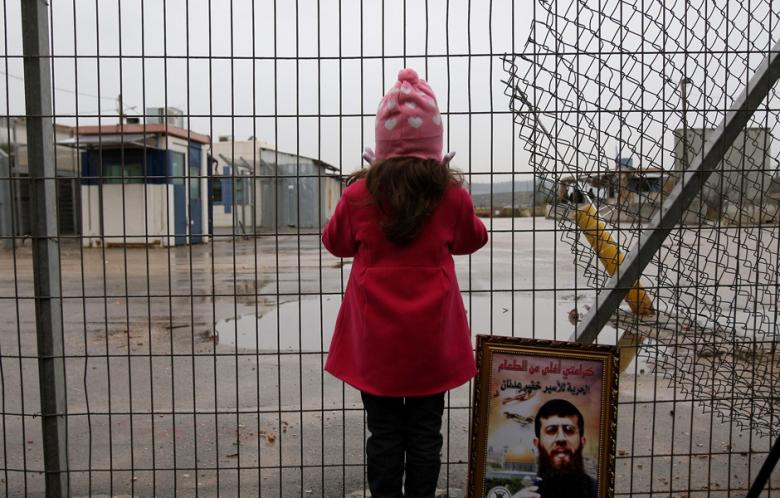-
Happy birthday, dear Vittorio (RIP)
by Shahd Abusalama 4 February 2012 | Palestine from My Eyes As I realized today’s date, the 4th of February, a stream of memories flooded into my mind. Today, last year, marked my dear friend Vittorio Arrigoni’s last birthday I spent with him. I remember it was a nice, rainy Friday. I felt happy to […]
-
International strategy for Palestinian prisoners needed
by Joe Catron 2 February 2012 | Al Akhbar English “Any movement that does not support its political internees is a sham movement.” – US political prisoner Ojore Lutalo Political prisoners, their families, and their concerns and causes enjoy massive support in Palestinian society. Palestinians who may have never joined a boycott campaign or acted […]
Action Alert An Nabi Saleh Apartheid Wall Arrests BDS Bethlehem Bil'in Cast Lead Demonstration Denial of Entry Ethnic Cleansing Farmers Gaza Global Actions Hebron House Demolition International law Israeli Army Jerusalem Live Ammunition Nablus Ni'lin Prisoner Ramallah Rubber-coated steel bullets Settlement Settlers Settler violence Tear-Gas Canister Video



